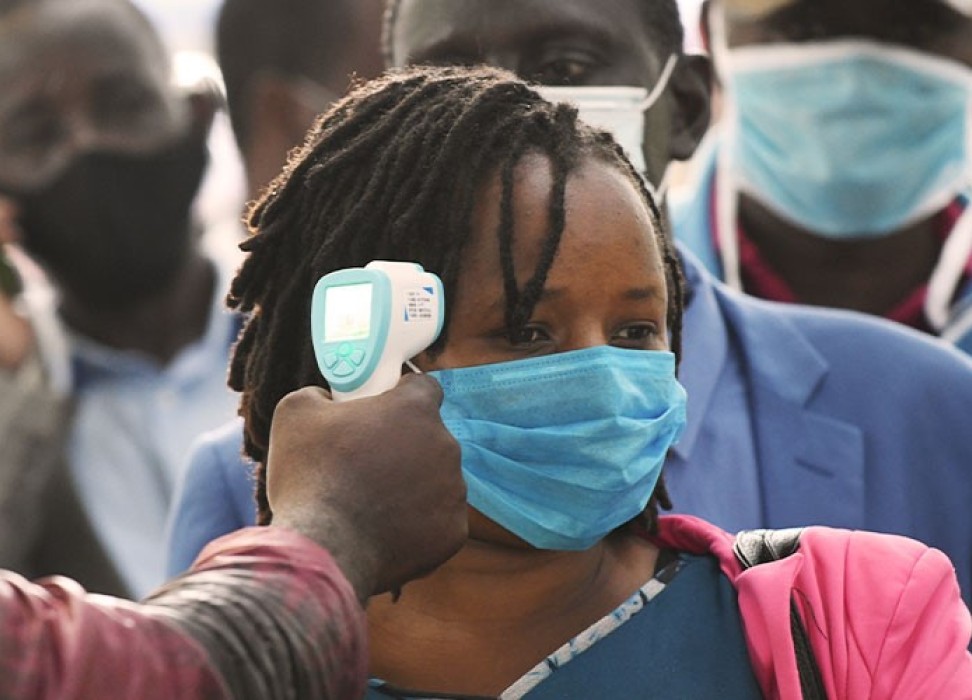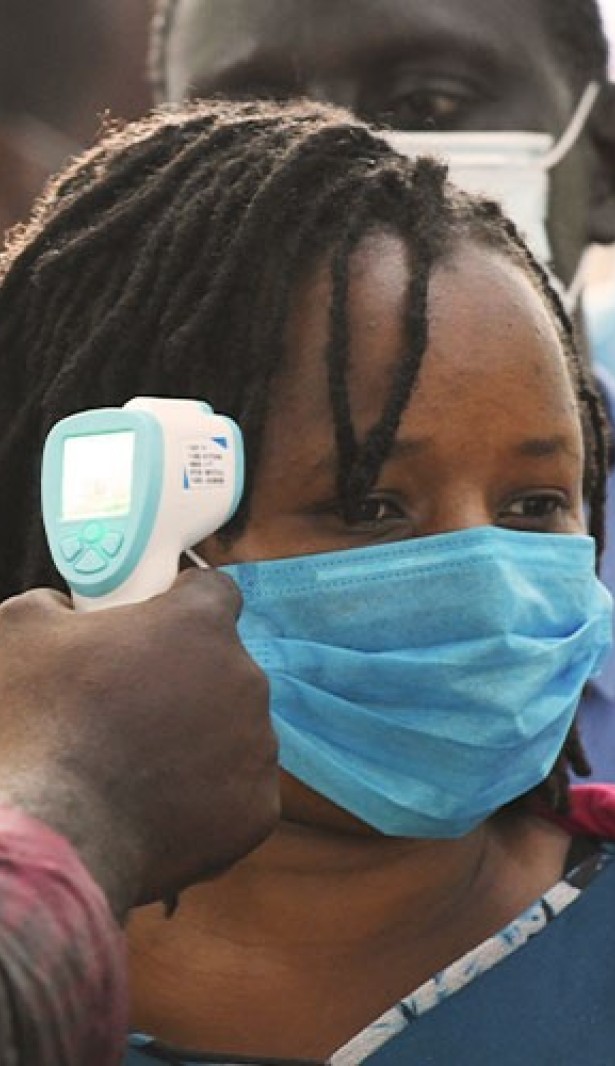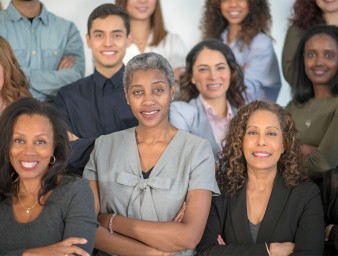“Seven Actions”: A guide to protect African women’s rights during COVID-19
05 May 2020

UN Human Rights and the Africa Union have jointly developed new guidance on the possible actions African States could take, in accordance with their human rights obligations, to avoid discrimination against women and girls in their responses to COVID-19.
As with previous outbreaks, including Ebola and Zika, policies and public health efforts around the globe do not appear to adequately address the short and long-term gendered impacts of COVID-19, including on the human rights of affected populations. Measures taken in fact risk perpetuating and deepening existing gender-based inequalities and discrimination. As in other parts of the world, women and girls in Africa are most likely to bear the brunt end of the virus.
UN Human Rights’ East Africa Regional Office collaborates with the African Union Commission including its’s Gender Directorate, and in the context of the COVID-19 pandemic, both entities felt it was important to contextualize the issue to the lived experiences of African women, focusing on the specificities and groups of women in Africa.
According to the Regional Representative, Nwanne Vwede-Obahor “the obligation to leave no one behind is contained not only in international human rights standards but also in African human rights standards.”
The publication entitled “Seven Possible Actions- Women’s Rights and COVID-19” was developed to assist Government Ministries in Africa involved in planning and responding to the COVID-19, as well as civil society organizations and women’s human rights defenders performing advocacy work with Governments. “It is a tool that States and civil society actors can use to monitor whether Governments are meeting their obligations and duties under international human rights law,” said Adwoa Kufuor-Owusu, Regional Gender Advisor at UN Human Rights’ East Africa office.
For each category of response to the pandemic, the publication presents possible action steps and the human rights standards these actions seek to comply with. For example, the guidance document points out that 74 per cent of women in Africa form part of the workforce in the informal economy sector and evidence is mounting that the economic impacts of COVID-19 is hitting these women harder.
The Maputo Protocol to the African Charter on Human and Peoples’ Rights on the Rights of Women in Africa (Maputo Protocol) recognizes women’s economic, social and cultural rights noting that the denial of these rights often leave women vulnerable to further abuse.
To minimize the long term consequences for women’s economic and social empowerment and the increase in women’s vulnerability, States are advised to include the informal sector in policies and measures aimed at mitigating the economic effects of the pandemic; establish direct measures of compensation and economic empowerment of women, including financial assistance and the delivery of basic goods; and expand measures of job security for disadvantaged sectors, among other actions.
Furthermore, the lived realities of women make them particularly at greater risk of infection. Globally, women constitute 70 per cent of workers in the health and social care sectors; in Africa, the majority of community health workers are women, they are the first respondents and caregivers for sick family members.
Agenda 2063, the African Union’s strategic framework for inclusive and sustainable development, calls upon States to promote healthy and well-nourished citizens, including by expanding access to quality healthcare services, particularly for women and girls. The African Charter on Human and Peoples’ Rights, the Maputo Protocol and the International Covenant on Economic, Social and Cultural Rights (ICESCR) all provide for the right to health as a right of everyone.
To comply with treaty their obligations, advice to States contained in the guidance include promoting a gender and women’s rights perspective within the health system and within the management of response to COVID-19; ensuring universal access to health for all women including sexual reproductive health services such as maternal health services and access to contraceptives; and granting comprehensive protection to women caregivers and to women who are in the health sector.
Apart from guidance for gender-related action on economic measures and access to healthcare, the document also advises States on gender-based violence; access to food, water and sanitation; participation in decision-making; humanitarian settings; and collection of data and information.
“In taking all these actions, it is critical to ensure that all measures adopted in response to the COVID-19 pandemic are intersectional and cover the needs of all women, including migrant, rural and women with disabilities,” Kufuor-Owusu said.
5 May 2020




